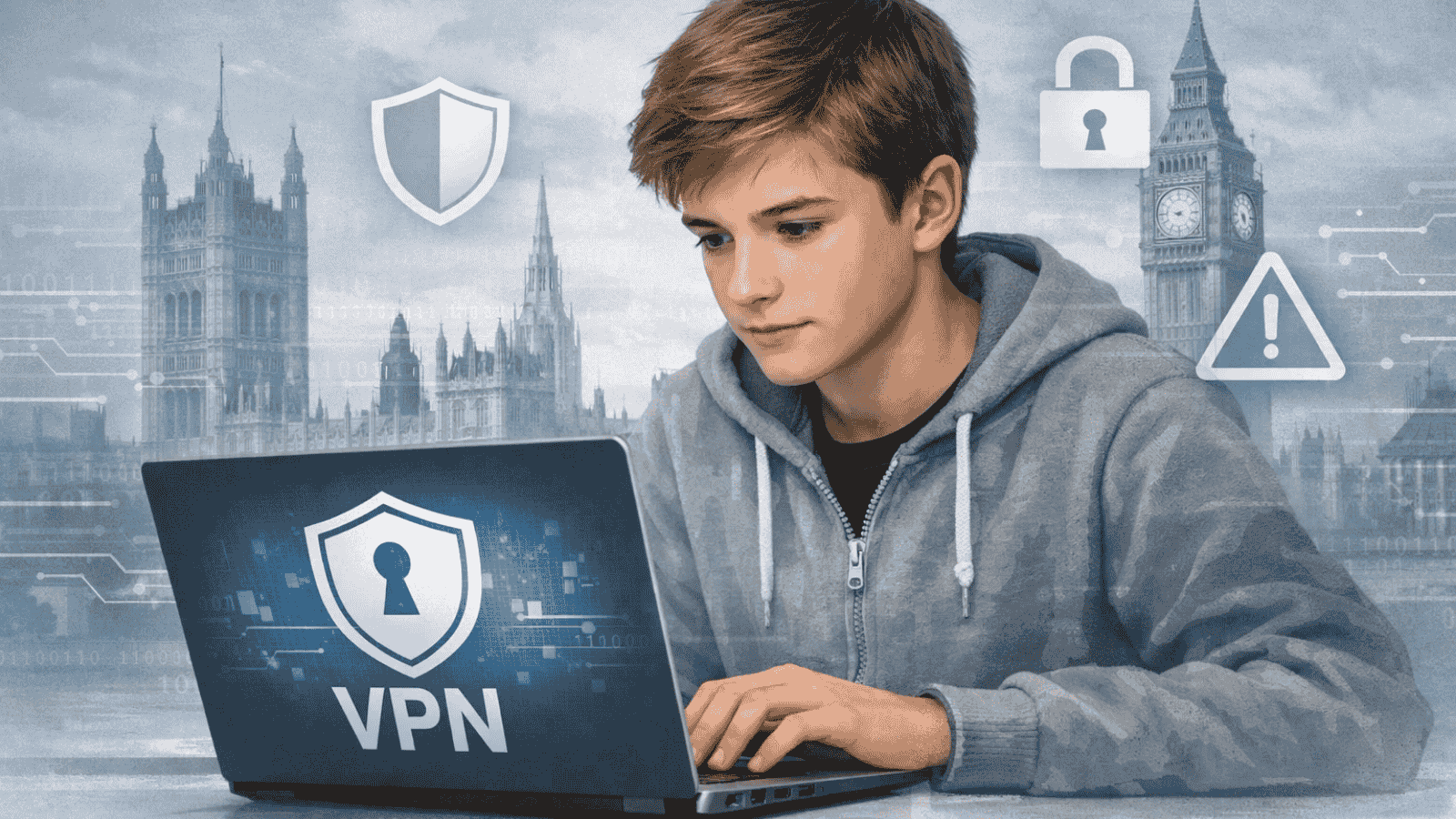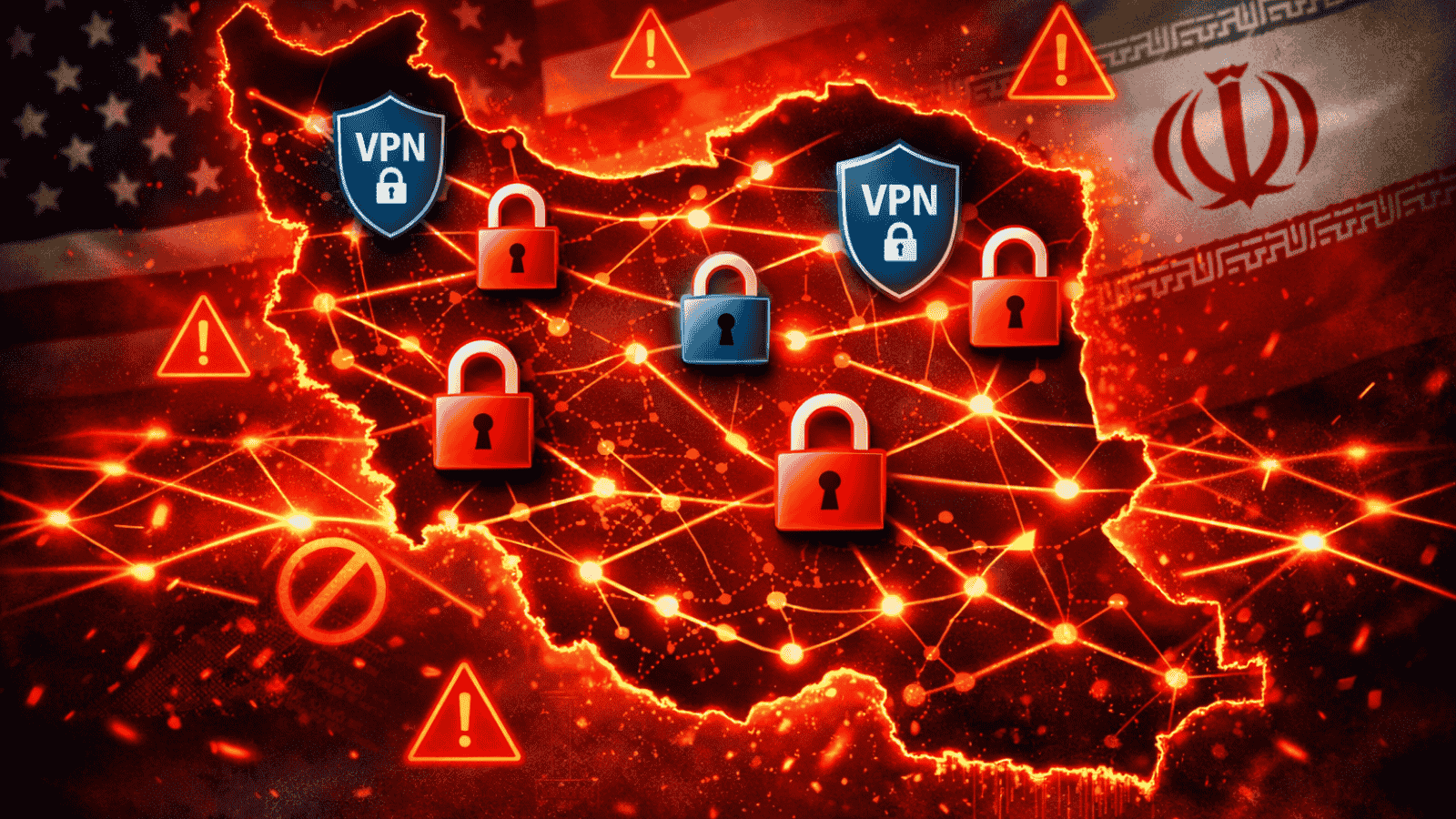
US Lawmakers Consider Banning VPNs to Protect Minors Online
- Wisconsin Bill Progress: Bill mandates age checks and VPN blocking for adult sites, moving toward Senate approval.
- Michigan Proposal: Draft law would require ISPs to monitor and block VPN traffic, though not advanced yet.
- EFF Criticism: Digital rights group warns VPN bans harm privacy, security, and fail to protect minors.
Lawmakers in Wisconsin and Michigan are weighing new bills that could restrict or even ban the use of Virtual Private Networks (VPNs) when accessing websites that host content deemed harmful to minors. The proposals aim to strengthen age-verification rules but have sparked strong criticism from digital rights groups.
Wisconsin Bill Advances Toward Senate Vote
Wisconsin legislators have introduced a bill requiring adult websites to verify user age and block anyone attempting to access the site through a VPN. Supporters argue that VPNs make it easy for minors to bypass age checks, weakening efforts meant to shield children from sexual content, hate speech, and other harmful material.
The bill has already passed the State Assembly and is now moving through the Senate. If approved, Wisconsin would become the first U.S. state to prohibit the use of VPNs to view certain types of content.
Michigan Proposal Calls for ISP-Level VPN Blocking
A similar proposal is under consideration in Michigan. In addition to blocking VPN-based access to adult content, Michigan’s draft legislation would require internet providers to actively monitor and stop VPN connections. Unlike Wisconsin, however, the bill has not yet advanced in the state legislature.
Privacy Advocates Strongly Oppose VPN Restrictions
The Electronic Frontier Foundation (EFF) has criticized both proposals, calling them dangerous and ineffective. The group argues that banning VPNs would undermine online security and privacy for millions of Americans, including businesses, students, journalists, and everyday users.
“Forcing people to give up their privacy to access legal content is the exact opposite of good policy. It’s surveillance dressed up as safety,” the EFF said in a statement.
The organization also disputes the idea that stricter age-verification laws will protect minors, arguing that such systems are easy to bypass and often involve intrusive data collection.
“The law will accomplish nothing except making the internet less safe and less private,” the EFF added, urging lawmakers to focus instead on digital education, parental tools, and addressing the root causes of online harm.
Age-Verification Laws Abroad
Several European countries, including France, Italy, and the United Kingdom, require age verification for accessing pornographic content. However, none of these countries have proposed banning VPNs, despite similar concerns about minors circumventing verification systems.
As U.S. states continue exploring stricter online safety rules, the debate over VPN access is likely to intensify. Privacy advocates warn that while protecting children is important, limiting or banning VPNs could have broad consequences for online freedom and security.













